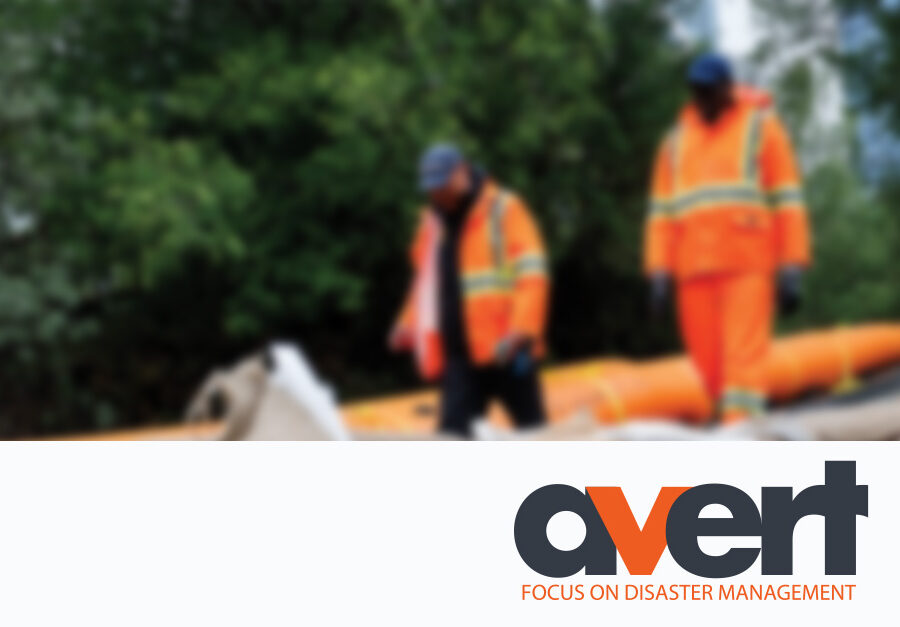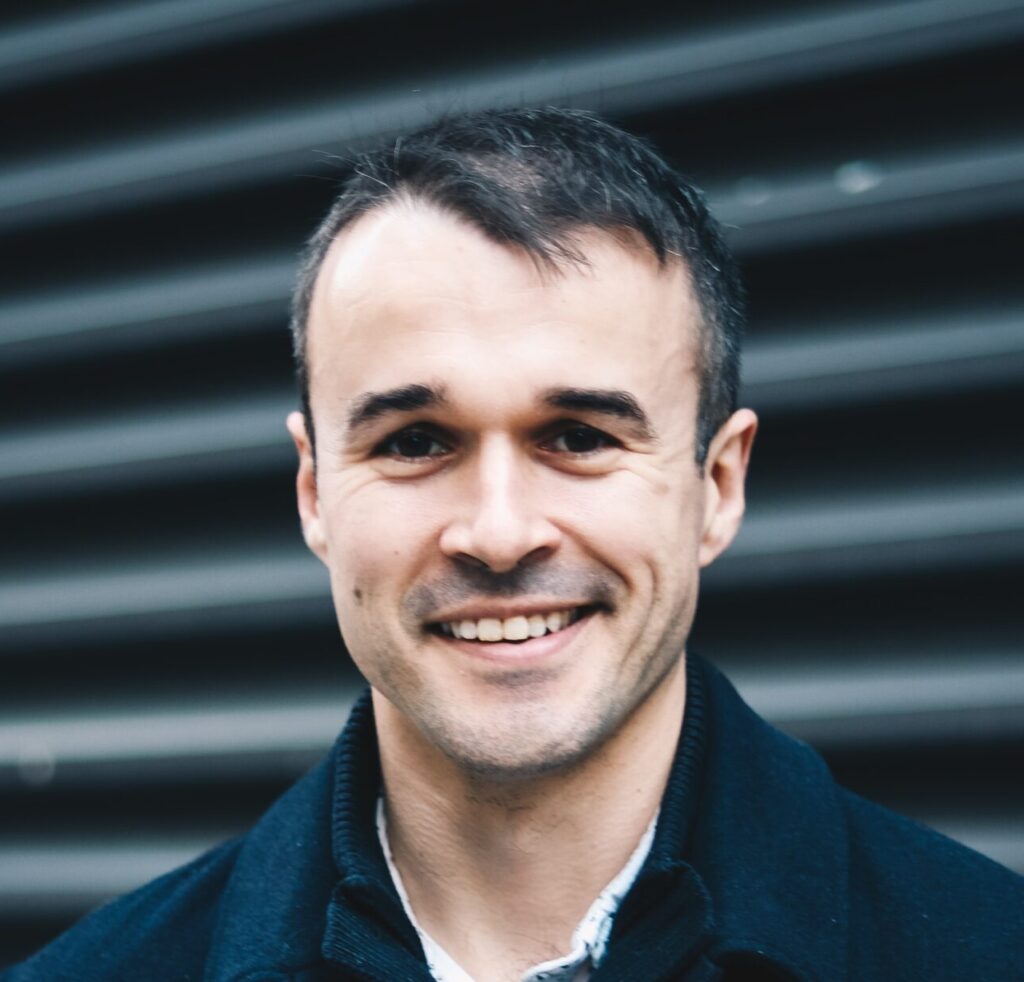
Bridging the Gap: Practical advice for practitioners
May 2, 2023
By Simon Wells
Practitioners need to make their voices heard in the conversations to advance emergency management, writes Simon Wells.

I’ve written a limited column series on bridging the gap between disaster and emergency management scholars, policy makers, and practitioners. I called on policy makers to create policy with teeth. I encouraged scholars to conduct impactful research. Here, I’m challenging practitioners to join the conversation on their field by writing research notes, independent reports, and analyses.
Practitioners need to be able to make their voices heard in a medium that their counterparts are using. It’s simply ineffective to go to networking events and share social media content speaking to like-minded people with similar jobs. We know we can’t rely on sanitized after action reports that are designed to diffuse responsibility and avoid embarrassment to share our learnings. So we need to write.
As the principal of the Canadian Journal of Emergency Management, I spend a lot of time explaining to practitioners that they also have something valuable to say. I remind them that we take a “bottom-up” approach to emergency management in Canada, so those of us closest to the ground need to be sharing our insights if we want to see real change. More and more emergency managers are pouring out of higher education institutions, but I think a good number of them believe their paper-writing days are over. Please give up that idea. We need you to write.
Practitioners don’t need to create a novel research proposal, execute a research methodology, and then write a comprehensive manuscript. They can write research notes, which are more discussional or exploratory in tone, designed to ask, rather than answer, a question.
It’s the scholarly equivalent to firing up a flare as if to say, “we have something worth looking at over here.”
So many of us lead interdisciplinary teams in emergencies and projects: use those same skills to get the scholars and policy makers to look at a problem you see on the ground.
A lot of the practitioners who I speak to are concerned about conflict of interest or even retaliation from their employer. They don’t need to be. They could write independently about a problem or a solution they see, using examples from other jurisdictions to highlight the same problems or solutions, without pointing to their employer. They can simply represent themselves as emergency management professionals. And if they don’t want to write full papers, there’s other mediums they can use, like poster competitions, guest speaking on podcasts, informational interviews with scholars, or writing to policy makers. They can join an emergency management association and use that organization on their signature block.
The skills needed to write and publish papers can be learned. Citation formats, like the American Psychological Association (APA) or Chicago Manual of Style formats, are laid out in comprehensive online manuals. Many practitioners don’t know that journals, magazines, and websites want to publish with them really badly, and will work really hard with the practitioner to get them to publish.
So practitioners don’t need to write like they have three master’s degrees to get published. Ask for help!
Putting it pretty bluntly: those of us “on the ground” really have no right to lament about the disconnect with policy and scholarship if we’re not willing to join the conversation. “If you see something, say something.” But not to each other. Send it across the table to that young, tech-savvy policy whiz who wants to innovate, or that intense-looking scholar who wants to solve a big puzzle. We’re in the same field, looking at the same problems, trying to achieve the same things. Practitioners are already frontline leaders. It’s time to share that hard-earned experience and work around the table together.
 Simon Wells is the principal of the Canadian Journal of Emergency Management. He has emergency management operations and program experience at multiple levels of government and holds multiple certifications and degrees. Simon lives in Scarborough, Ont.
Simon Wells is the principal of the Canadian Journal of Emergency Management. He has emergency management operations and program experience at multiple levels of government and holds multiple certifications and degrees. Simon lives in Scarborough, Ont.
Print this page